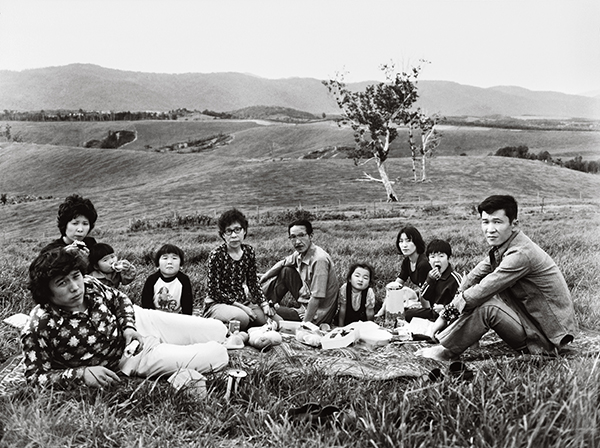
Generational Fairness
What Is It?
Generational fairness is a concept adapted from the more technical idea of intergenerational equity. In the words of the World Health Organization, intergenerational equity is a principle of “fairness or justice between different generations.” While the term originates in the field of environmental law and economics, it can serve as a much more basic guiding principle on an individual or community level. For example, Georgetown law professor Edith Brown Weiss defined the concept as a “planetary trust [that] obliges each generation to preserve the diversity of the resource base and to pass the planet to future generations in no worse condition than it receives it.” We follow the Canadian non-profit Generation Squeeze in translating this concept into the more approachable term: “generational fairness.”
Generational fairness bears resemblance to the Haudenosaunee Seventh Generation Principle. (See separate Toolshed entry).
What Does it Do?
Generational fairness can be applied to small decisions we make daily. It can help guide our values and actions as individuals and communities. For example, environmentally responsible community planning and resource management can be enacted with the wellbeing of future generations in mind. Participating in a community garden, minimizing personal use of disposable plastics, intergenerational living arrangements and being politically active in order to advocate for environmental issues – these are all ways to enact generational fairness.
How Can It Be Accessed?
Generation Squeeze a Canadian non-profit organization that operates on the principle of “intergenerational prosperity” has a page on its site dedicated to detailed descriptions of principles for living with intergenerational principles in mind.
Science Direct has published a series of articles addressing issues relevant to intergenerational equity and the environment, for example, “Social Justice and Climate Change”, and “Ecological Economics of Estuaries and Coasts.” These are mostly technical and academic articles.